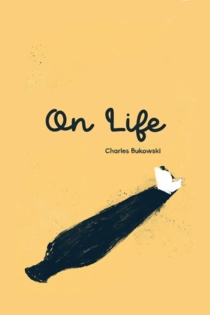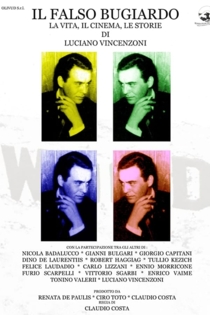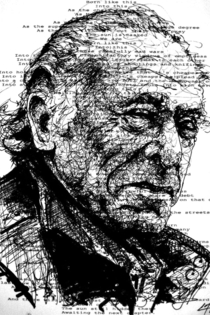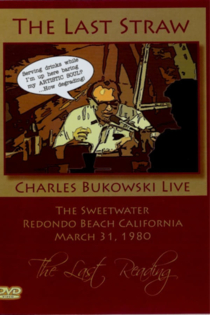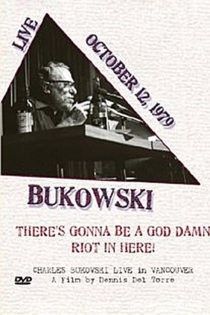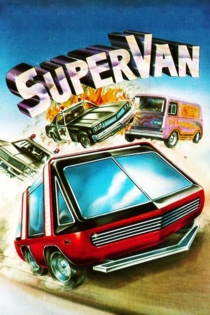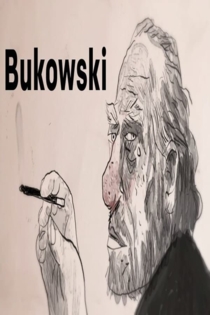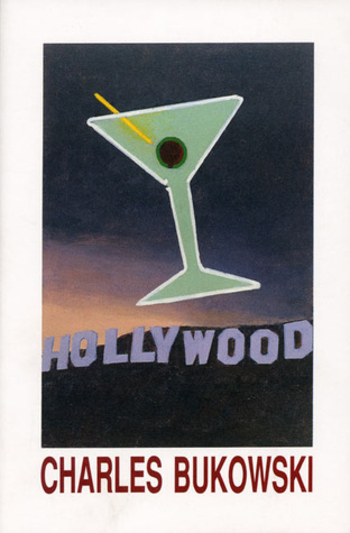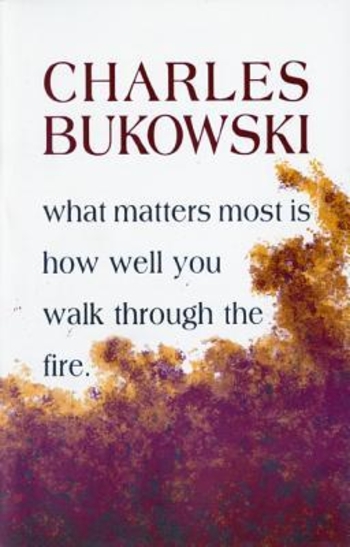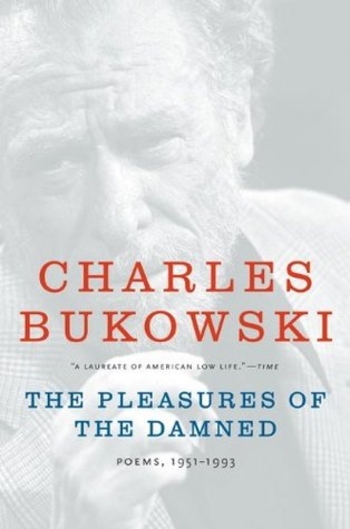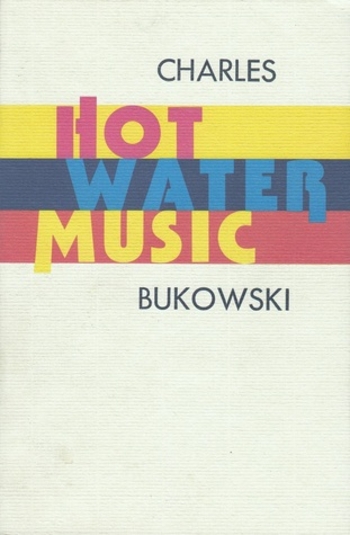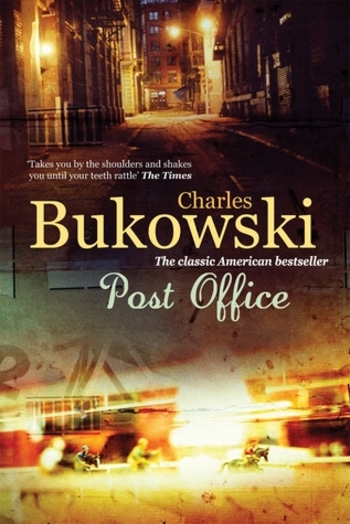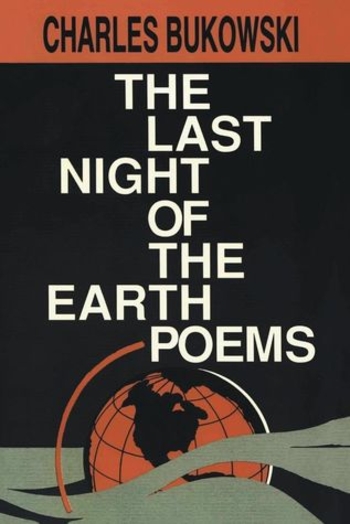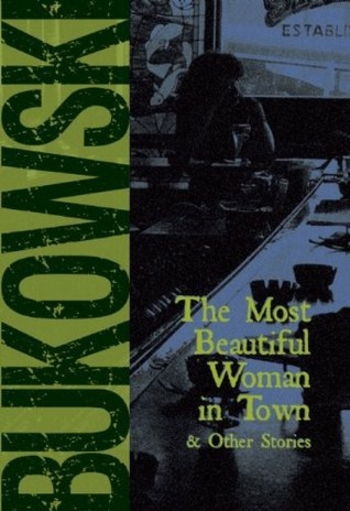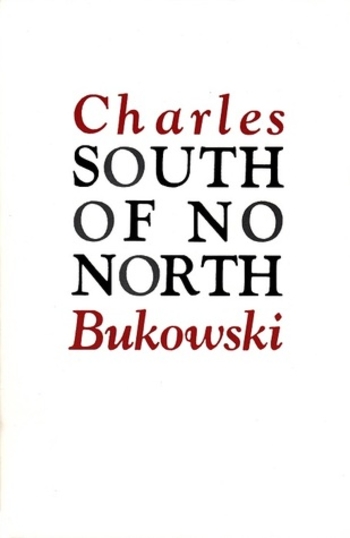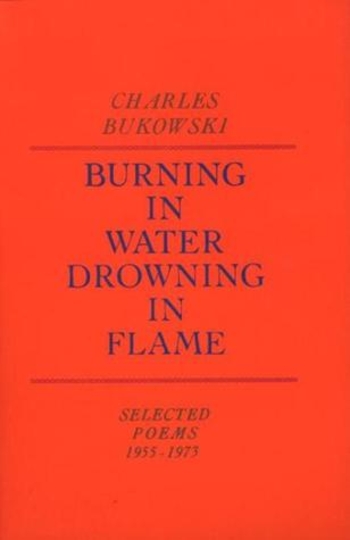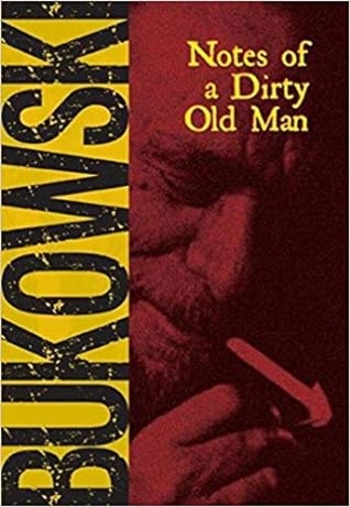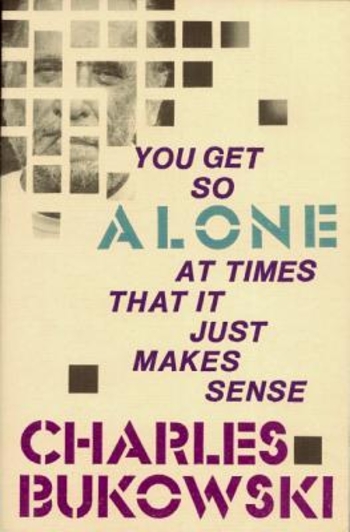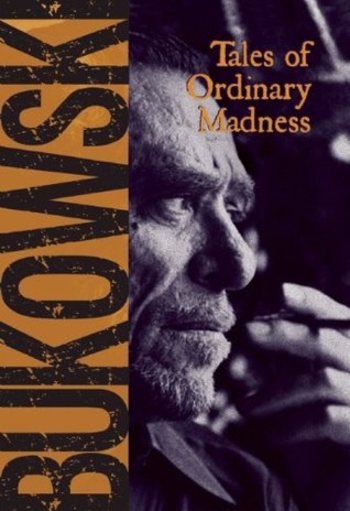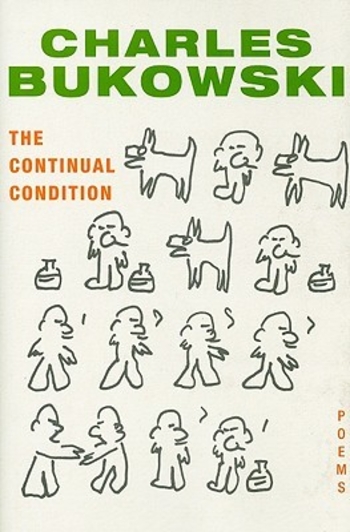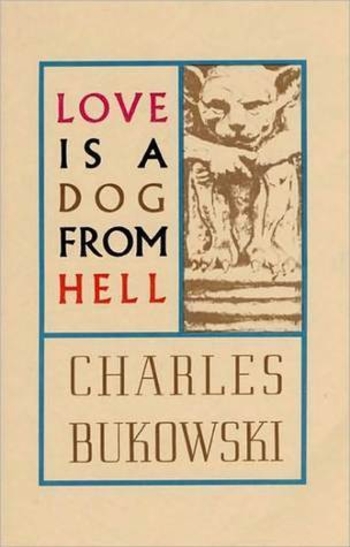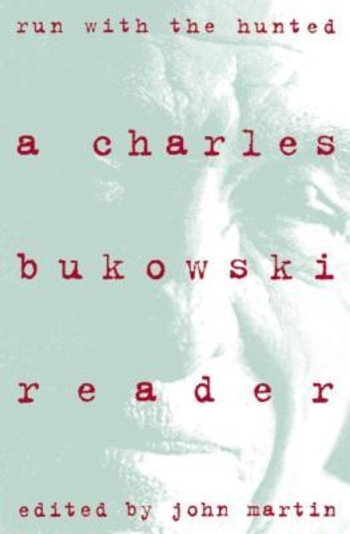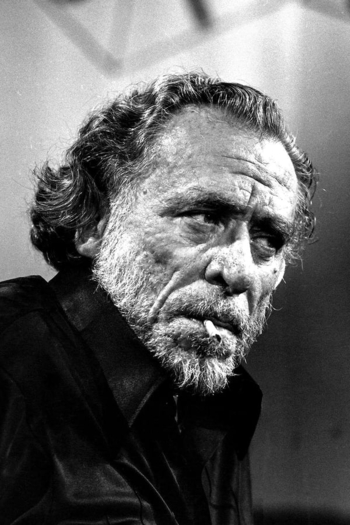
Charles Bukowski
1920 - 1994You Never Had It: An Evening With Bukowski
Matteo Bogardt
Charles Bukowski
A long night spent drinking, smoking, and talking about sex, literature, childhood and humanity with irreverent writer poet Charles Bukowski in his California home in 1981. A story of video tapes lost, then found, and brought back to life.
You Never Had It: An Evening With Bukowski
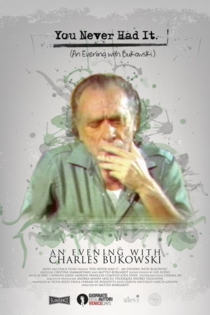
The Charles Bukowski Tapes
Barbet Schroeder
Charles Bukowski, Barbet Schroeder
The Charles Bukowski Tapes are an altogether more than four hours long collection of 52 short-interviews with the American cult author Charles Bukowski, sorted by topic and each between one and ten minutes long. Director Barbet Schroeder (Barfly) interviews Bukowski about such themes as alcohol, violence, and women, and Bukowski answers willingly, losing himself in sometimes minute-long monologues. Amongst other things, Bukowski leads the small camera team through his parents’ house and his former neighbourhood, but the largest part of the interviews takes place in Bukowski’s flat or backyard. The documentary includes a scene in which Bukowski reacts violently toward his wife Linda Lee.
The Charles Bukowski Tapes
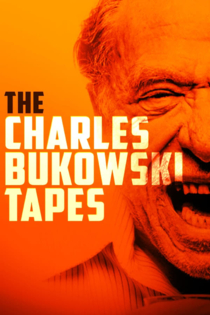
The Best Hotel on Skid Row
Renee Tajima-Peña, Christine Choy
Charles Bukowski
America Undercover goes to the Madison Hotel in the skid-row section of downtown Los Angeles and talks to some of the desperate people living there. It talks to a prostitute and heroin addict named Becky, a drug dealer and traveler names John, and an heavy drinking alcoholic named Jack Woodrow Wilson.
The Best Hotel on Skid Row
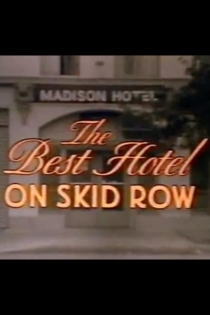
Bukowski: Born Into This
John Dullaghan
Charles Bukowski, Harry Dean Stanton
Director John Dullaghan’s biographical documentary about infamous poet Charles Bukowski, Bukowski: Born Into This, is as much a touching portrait of the author as it is an exposé of his sordid lifestyle. Interspersed between ample vintage footage of Bukowski’s poetry readings are interviews with the poet’s fans including such legendary figures such as Lawrence Ferlinghetti, Joyce Fante (wife of John), Bono, and Harry Dean Stanton. Filmed in grainy black and white by Bukowski’s friend, Taylor Hackford, due to lack of funding, the old films edited into this movie paint Bukowski’s life of boozing and brawling romantically, securing Bukowski’s legendary status.
Bukowski: Born Into This
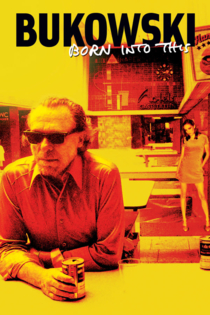
Bukowski at Bellevue
Charles Bukowski
In the spring of 1970 Charles Bukowski took his first plane trip for a poetry reading at Bellevue Community College in Washington state. That he was videotaped by two students apparently was later forgotten, but the tapes were recently rediscovered and have been released by Black Sparrow press. "Bukowski at Bellevue" gives us a fascinating glimpse of the man before he had to be concerned with how celebrity and financial security were affecting him. (It is said that this was only his fourth public reading.) This is Bukowski, then about 50, taken straight. No games, no irony, no self-consciousness--just an ordinary-looking guy, maybe hung over, sitting before a small group of students reading his work with gusto, humor and sensitivity. A man who clearly had lived the marginal life he wrote about with passion and at times a lyrical, even mystical beauty.
Bukowski at Bellevue
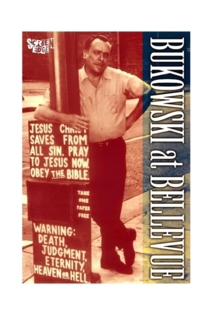
Barfly
Barbet Schroeder
Mickey Rourke, Faye Dunaway
Downtrodden writer Henry and distressed goddess Wanda aren't exactly husband and wife: they're wedded to their bar stools. But, they like each other's company—and Barfly captures their giddy, gin-soaked attempts to make a go of life on the skids.
Barfly
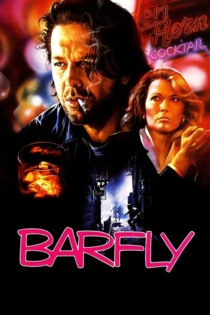
Poetry in Motion
Ron Mann
Charles Bukowski, William S. Burroughs
More than 20 contemporary North American poets recite, sing, and perform their work. Early in the film, Charles Bukowski talks about the energy of poets and of a poem. These poets are the children of Walt Whitman and of Charles Olson, incantatory and oratorical, radical, sometimes incorporating contemporary political imagery. Black Mountain poets, the Beats, minimalists like John Cage, the wordless Four Horsemen, Tom Waits, and others capture aspects of poets as troubadours.
Poetry in Motion
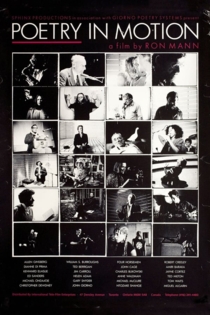
Love, He Said
Inés Sedan
Charles Bukowski
1973, San Francisco. Charles Bukowski, underground poet and punk ahead of his time, reads his poem Love to a wild audience who've come to see the pulp writer's provocative performance. But that day, instead of a punk they find a broken man hungry for love.
Love, He Said
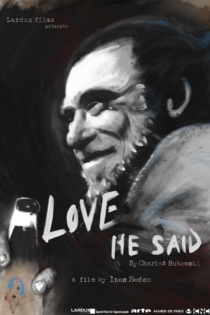
On The Tragedies Of Ordinary Life
Charles Bukowski
In this Bukowski poem entitled, "The Shoelace Poem," Bukowski invites the listener/reader to feel less alone in the insanity created by the simple, mundane string of ordinary life events. Sometimes it isn’t massive life tragedies that push someone over the edge. Sometimes it's just one too many broken shoelaces. And we should give everyone the benefit of the doubt, assuming we have likely all broken that last shoelace.
On The Tragedies Of Ordinary Life
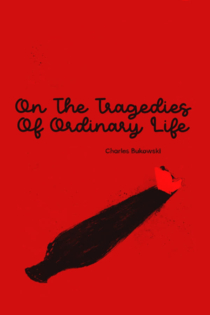
On Life
Charles Bukowski
Henry Charles Bukowski (born Heinrich Karl Bukowski; August 16, 1920 – March 9, 1994) was a German-American poet, novelist, and short story writer. His writing was influenced by the social, cultural, and economic ambience of his home city of Los Angeles. His work addresses the ordinary lives of poor Americans, the act of writing, alcohol, relationships with women, and the drudgery of work. Bukowski wrote thousands of poems, hundreds of short stories and six novels, eventually publishing over 60 books. The FBI kept a file on him as a result of his column, Notes of a Dirty Old Man, in the LA underground newspaper Open City. In 1986 Time called Bukowski a "laureate of American lowlife".Regarding Bukowski's enduring popular appeal, Adam Kirsch of The New Yorker wrote, "the secret of Bukowski's appeal. . . [is that] he combines the confessional poet's promise of intimacy with the larger-than-life aplomb of a pulp-fiction hero."
On Life
